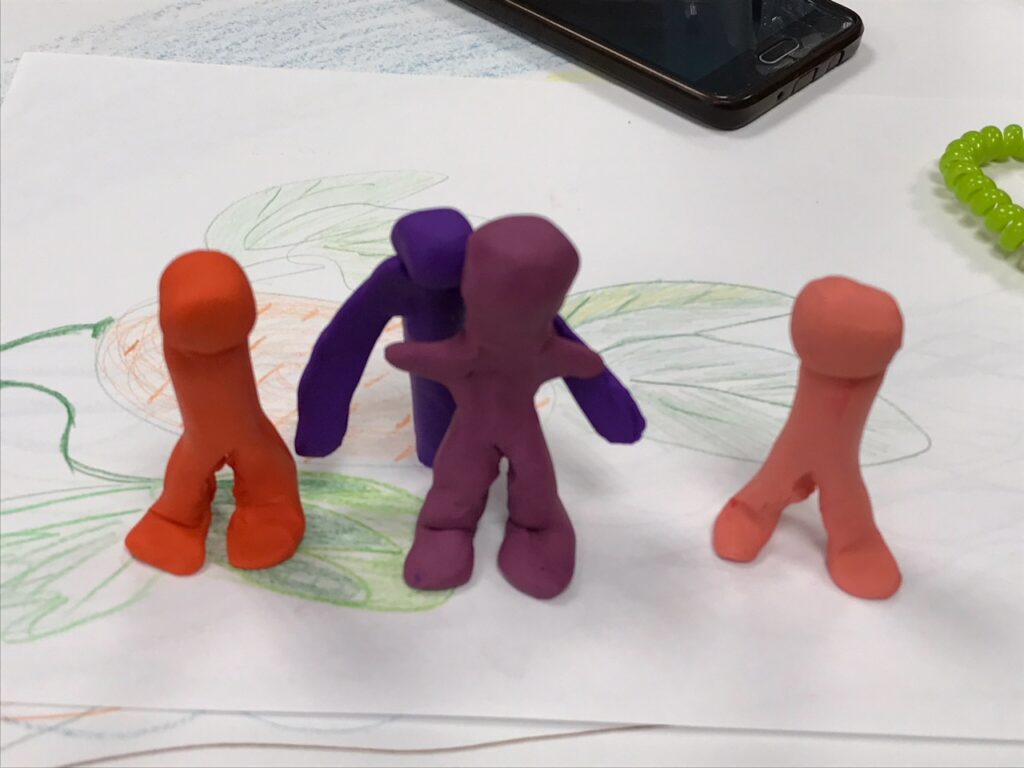Today’s post is written by CAMA worker Dr. Lisa Ramsey who serves in Kosovo.
Four years ago, when I signed up to be a part of a teaching and supervision internship in Ukraine, I did not know that we would be training counselors in the midst of war.
The students sitting in our classes would go home to tanks driving through yards and families saying goodbye to their sons and husbands as they went off to fight. The Church was open, more than ever, to the necessity of a relevant response to trauma.
Over the years, I have participated in two conferences on trauma in Ukraine and helped to teach and supervise the first generation of counselors meeting the needs of soldiers returning from war. I am a part of a team of talented trauma therapists from Regent, a few who are former soldiers or married to soldiers.

My addition to the team has been in the area of supervision and expressive therapy, specifically sand tray therapy. “Putting it in the Sand” has been an important communication tool in the counseling that I do in Kosovo, and I am happy to share what I have learned.
The humanitarian arm of EMDR International Association has also contributed in a significant way. They send an EMDR (Eye Movement Desensitization and Reprocessing) trainer to teach a critical method for treatment of post-traumatic stress disorder.
We’ve also seen millions flee their homes in Ukraine. CAMA Services has partnered with international workers and local church planters to open a center for the internally displaced that now hosts a church and is the base for the establishment of two more churches. This center has a counseling office staffed by interns from the Regent/UETS counseling program, and I supervise them as part of an online group once a week.
My work and joy in seeing the Church in action has led to a presentation that I share with churches called “The Trauma-Informed Church”. I have been able to share this presentation in Ukraine, Jordan, and Hong Kong. Using the research of Mills Kamara from the Alliance Theological Seminary, a trauma-informed church is one who:
- Knows what trauma is
- Realizes how trauma affects people and knows the paths to recovery
- Recognizes the signs of Trauma
- Responds by changing policies and practices
- Resists re-traumatization by addressing trauma and toxic stress in the lives of both church leaders and congregants
(Kamara 2017, 88-89)
Let’s continue to pray for the Church—our brothers and sisters—in war-torn countries and traumatized communities.
Kamara, M., and Virginia, C. 2017. “Do No Harm—Trauma-Informed Lens for Trauma-Informed Ministry: A Study of the Impact of the Helping Churches in Trauma Awareness Workshop (HCTAW) on Trauma Awareness among predominantly African- and Caribbean-American leaders in Church of God 7th Day churches in the Bronx and Brooklyn, New York.” D.Min diss., Alliance Theological Seminary. Accessed March 28, 2018. ProQuest Dissertations and Theses.